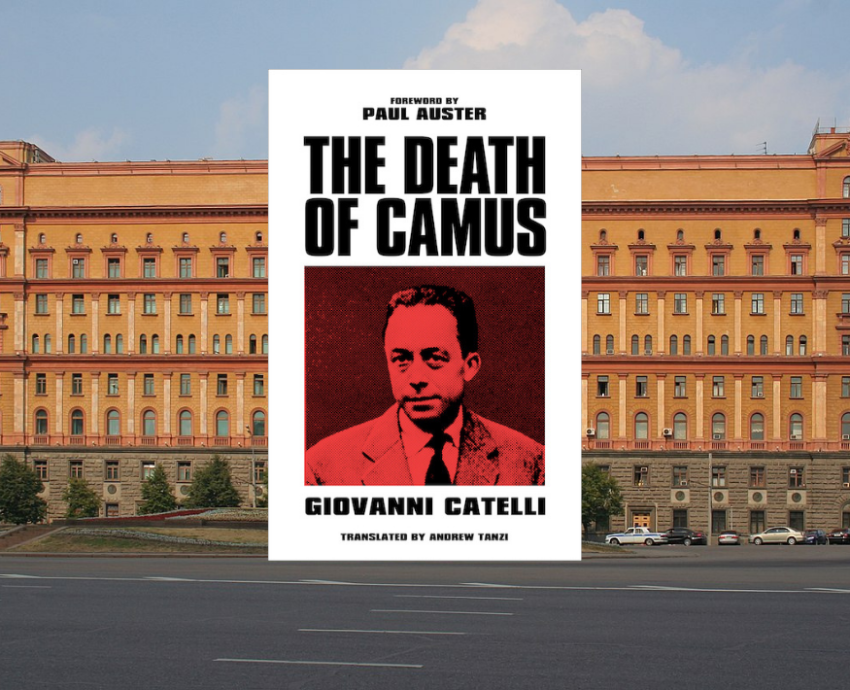
The Death of Camus
By Giovanni Catelli (translated by Andrew Tanzi)
Hurst and Company, 2020, $29.53, 184 pp.
After Jean-Paul Sartre, Albert Camus was perhaps France’s most prominent philosophical writer of the 20th century, winning the Nobel Prize for Literature in 1957, and producing masterpieces such as The Stranger and The Plague, as well as actively contributing to the moral and political issues of the day.
Camus died on January 4, 1960, when the car he was in swerved at high speed and slammed into a plane tree on a highway leading to Paris. Camus, who sat in the front passenger seat, was killed instantly, and the driver, his publisher Michel Gallimard, died a few days later in hospital. Fortunately, Gallimard’s family, sitting in the back, escaped relatively unharmed.
A train ticket to Paris was found in Camus’ pocket: he had changed his mind about how to get to Paris almost at the last minute.
Catelli’s principal claim in this eloquently written and somewhat controversial book is that Camus was murdered by the KGB, who somehow contrived to have the tyre of the car blow out when the vehicle was travelling at high speed.
According to Catelli, they did this to silence Camus, who had been a prominent public critic of the Soviet Union for its suppression of the Hungarian revolution in 1956 and also a supporter of dissident writers such as Boris Pasternak. Although the book is absorbing and nicely written, it is wholly unconvincing.
It is based on a single page in a memoir by dissident Czech poet Jan Zabrana. Zabrana himself says that the man who told him that the KGB had murdered Camus wouldn’t reveal his source, and the rest of the considerations adduced by Catelli are entirely speculative: he speculates about who the source might have been but can produce no hard evidence, and the same goes for his account of the crash itself.
The KGB might have been able to tamper with the car when it was parked overnight outside a hotel, the KGB might have found out through a phone-tap that Camus was being driven to Paris rather than taking the train as originally planned, and so on and so on.
No evidence is produced to suggest that any of this was actually the case, and the book doesn’t even have references or footnotes, which are pretty much a must for a volume of this kind. Moreover, the main Soviet instigator of the murder is said to be Dmitri Shepilov, former minister of foreign affairs, who was angry at Camus for articles criticizing Shepilov for his involvement in the suppression of Hungary in 1956.
But Shepilov fell from grace in the Soviet hierarchy in 1957 when he supported an abortive coup against (then) Soviet leader Nikita Khrushchev. It’s hard to believe that he could have been in a position to have a prominent foreign writer murdered beyond the borders of the Soviet Union in 1960.
Catelli is also prone to political naivety. He says at one point that the only atrocity perpetrated by the United States that was comparable to the Soviet Union’s actions in Hungary in 1956 was the bloody overthrow of Salvador Allende in Chile in 1973.
It’s as if he’s never heard of Indonesia, Korea, the Vietnam War, and the long list of countries where the US intervened to overthrow or destabilise governments it regarded as suspect.